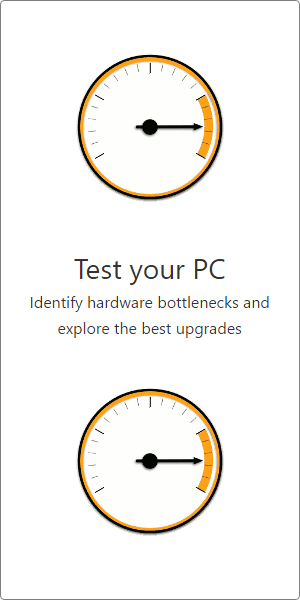Effective Speed
+4%
Poor: 59%
Great: 94%
SPEED RANK: 485th / 1080
Poor: 60%
Great: 92%
SPEED RANK: 534th / 1080
| Effective Speed
Effective SSD Speed |
80.6 % | +4% | 77.7 % |
Average Score
+3%
Peak Score
+3%
Value & Sentiment
+∞%
Nice To Haves
+3%
Specifications
| Capacity
Capacity |
240GB | 240GB |
Conclusion
Average Bench 80.6%
Average Bench 77.7%
User Builds
27,495
502
Systems with these SSDs
Top Builds that include these SSDs

 SSD
SSD
